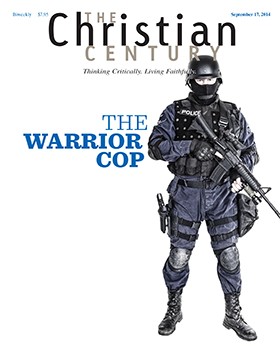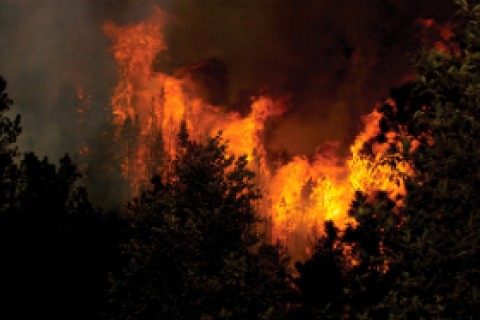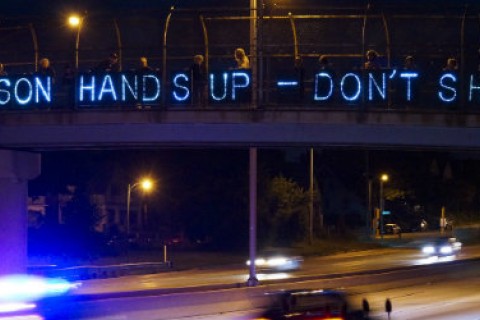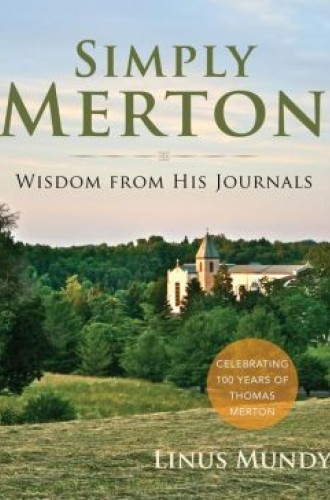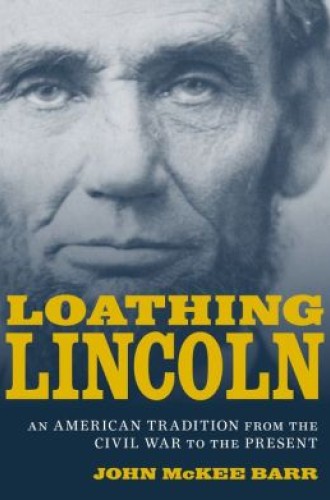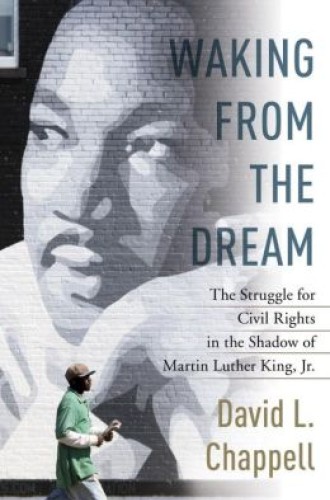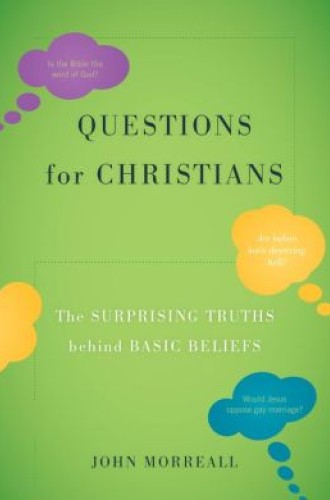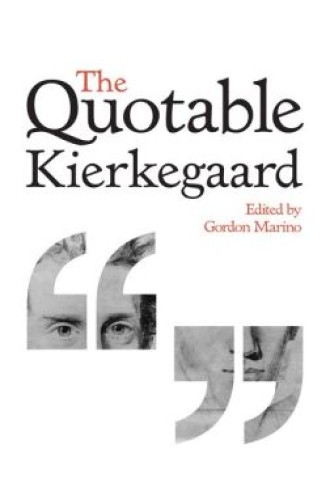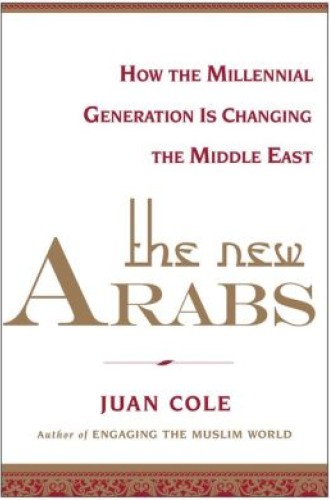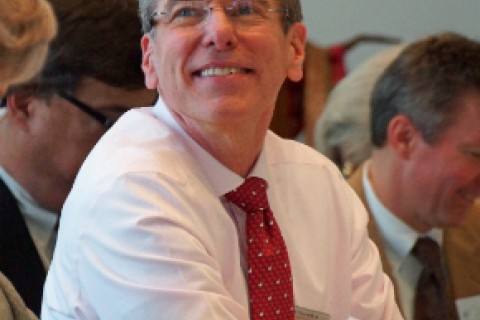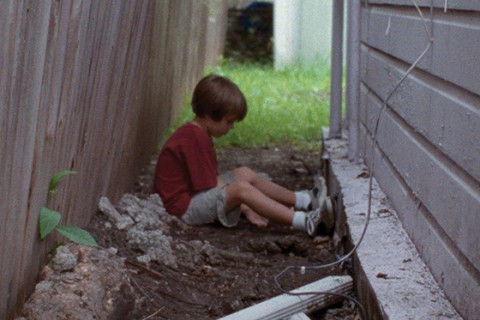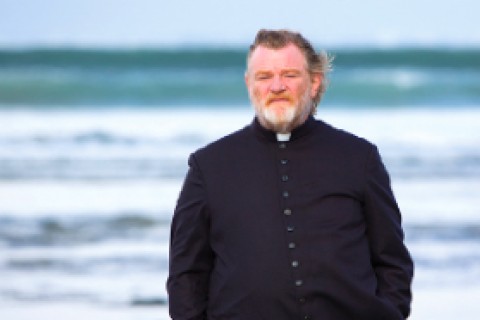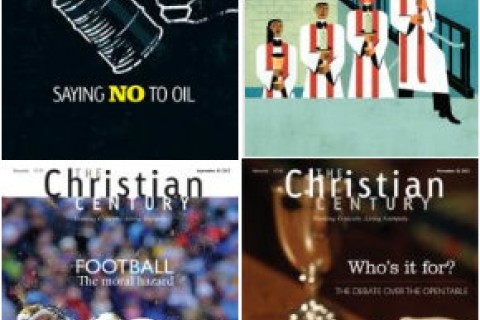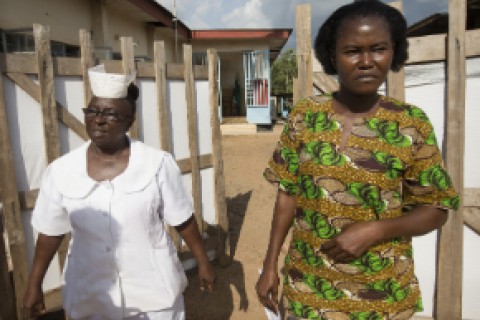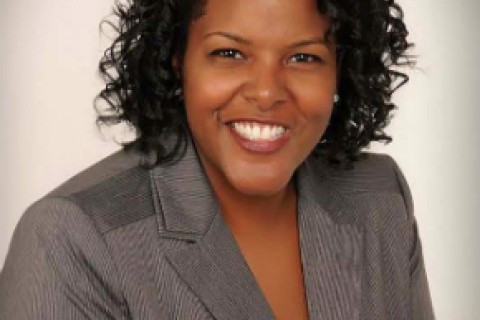Features
A day with no agenda: Time to enjoy the world
Mission in spite of empire: The story of Bartholomus Ziegenbalg
From survival to love: Evolution and the problem of suffering
Militarized policing: The history of the warrior cop
Books
Simply Merton, by Linus Mundy
With malice toward Lincoln
John McKee Barr constructs a persuasive narrative of Lincoln loathing—by Lost Causers, neo-Confederates, libertarians, and even some liberals.
Following Martin
What happened to the civil rights movement? David Chappell offers a carefully wrought study of a nation's fitful waking from a beautiful dream.
Questions for Christians, by John Morreall
John Morreall's book is modeled after Peter Abelard's Sic et Non. Morreall wants Christians to ask questions of their beliefs and practices.
The Quotable Kierkegaard, edited by Gordon Marino
The New Arabs, by Juan Cole
Juan Cole tells the backstory of the revolutions in North Africa, exploring events in the context of their cultural setting. His conclusions are optimistic yet grounded in realism.


